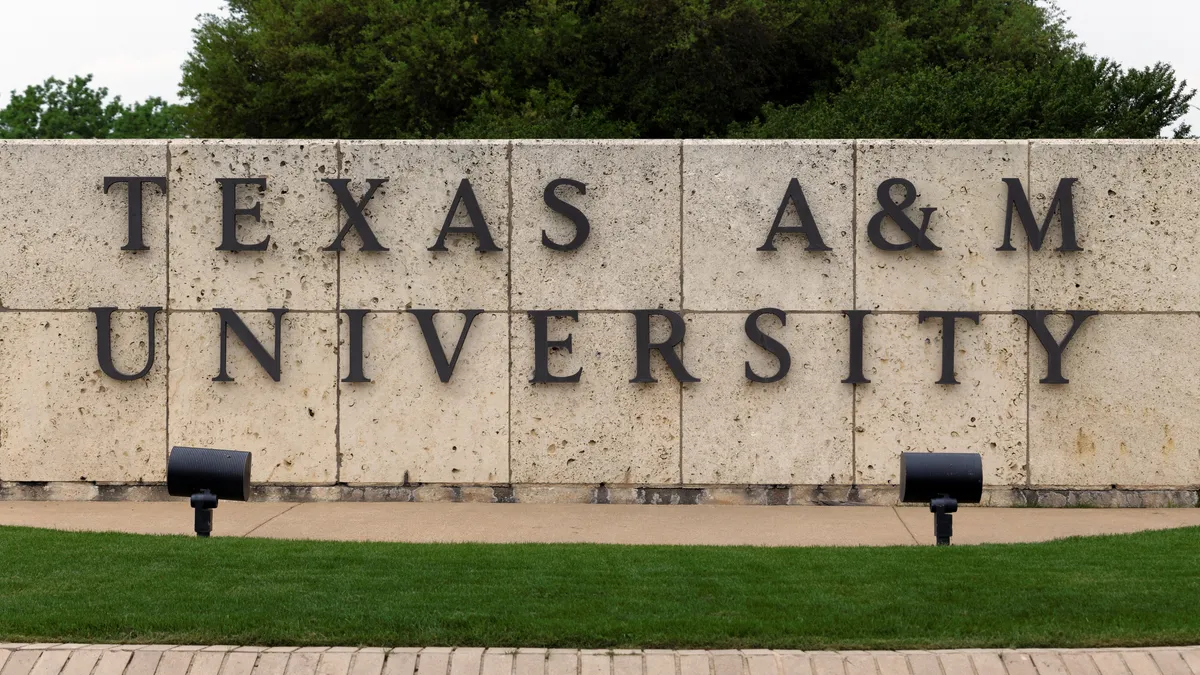Dive Brief:
- A new report from the Appalachian Higher Education Network (AHEN) offers insight into how states with growing changes in campus make ups and steadily low rates of poverty and educational attainment can be reversed through closer partnerships between private companies, colleges and universities.
- “Opening Doors, Changing Futures” proposes that industry and education work together to expose school-age children to educational opportunities and strategies for access, and illustrates how degrees translate into sustainable jobs in the region. Recommendations for collaboration range from career fairs and college tours to math and writing development and business etiquette training.
- These strategies were enacted at nine centers throughout Appalachian states, helping to grow high school graduation rates by 9.5% at low-income schools and achieving a total postsecondary enrollment mark of more than 63%. They also helped to reverse the impact of three ‘isms’ which report authors believe hinder success in the Appalachian region: localism, historicism, and familyism, which all keep students tethered to ideas about remaining close to family and familiarity with the region instead of growing curiosity about higher education.
Dive Insight:
A common theme in the report is for institutions and companies to work directly with families in promoting the benefits of higher education and the specific opportunities which come from earning a degree. But these opportunities are hindered greatly by the growing culture of legislative budget cuts in Appalachian states, which hinders the ability to staff and equip centers with the expertise and manpower to reach families of different backgrounds and attitudes.
At a time when some top lawmakers are promoting the idea that investing in higher education could limit constitutional rights, higher ed leaders should become more aggressive about reaching out to corporate partners to illustrate the connections between the bottom lines of college enrollment, graduation, and industrial growth. Just as industry may have a strong impact on gun policy, similar divestment or investment strategies in higher ed could move the needles in local, state and federal policymaking for postsecondary education.








